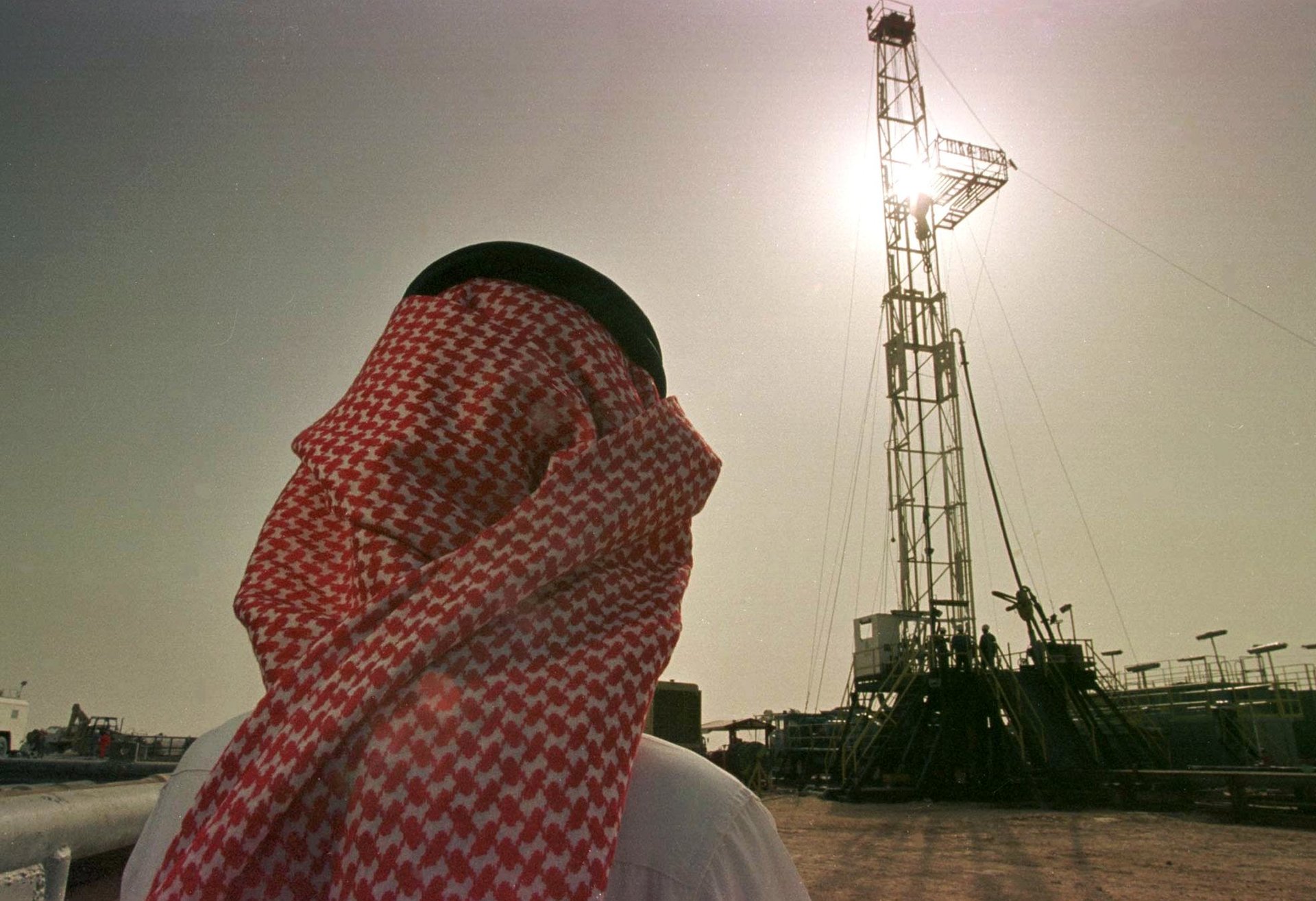Why al-Qaeda’s Yemen oil plot isn’t (just) about oil
The news this morning that Yemeni security forces foiled an al-Qaeda plot to seize oil and gas export facilities and a provincial capital raises a timely question: Why does the terror network even care about the tiny, impoverished country and its puny oil infrastructure—especially when Saudi Arabia is right next door?

The news this morning that Yemeni security forces foiled an al-Qaeda plot to seize oil and gas export facilities and a provincial capital raises a timely question: Why does the terror network even care about the tiny, impoverished country and its puny oil infrastructure—especially when Saudi Arabia is right next door?
Here are the most compelling reasons, most of them prompted by recent events:
- Symbolic significance. Many of al-Qaeda’s operational commanders and foot soldiers hail from Yemen, especially the leaders of regional affiliate Al-Qaeda in the Arabian Peninsula (AQAP)—and attacks on it rally the faithful worldwide. Its Hadramout region—the alleged target of this current plot—is also a shrine of sorts, thanks to be being the ancestral homeland of al-Qaeda founder and former leader Osama bin Laden.
- Retaliation. Yemen had long played both sides, coddling al-Qaeda-affiliated militants while also quietly cooperating with the US campaign to kill al-Qaeda leaders in the country with Predator drone strikes, including Said al-Shihri late last year. The relatively new government also launched an aggressive military offensive. “At least half of their regional emirs have been wiped out, over 200 operatives. It’s been very painful for them,” one Yemeni official told Quartz today.
- Vulnerability. The oil infrastructure of Saudi Arabia, although exponentially more significant, is also virtually impenetrable thanks to the swarms of Saudi military forces and small armies of private contractors. Al-Qaeda, in fact, has tried and failed several times in the past, and found that with US help, the Saudis have managed to make their oil industry an extremely difficult target to damage significantly or for long periods.
But here’s perhaps the most important reason: Since its creation back in the mid-1990s (when it was actually a union of many pre-existing militant and terrorist groups), al-Qaeda has prized its ability to control territory. It has always used Yemen as a safe haven for training, logistics and planning operations, thanks to its status as a near-failed state afflicted by intractable political, economic and religious problems. But AQAP is now expanding into more of a regional and global presence, and bolstering its maritime component to engage in more piracy and shipping attacks. As such, it needs more turf, especially near strategic areas like oil towns and coastal export terminals.
The Yemeni official downplayed reports coming out of Sana’a, saying that there was never any real possibility of al-Qaeda seizing and holding actual cities. Instead, he said, it’s more about al-Qaeda’s interest in the ungoverned spaces around them. “They are trying to secure a regional backyard—one that gives them access to Saudi, to the Horn of Africa, the Gulf of Aden, to maritime routes and strategic choke points.”